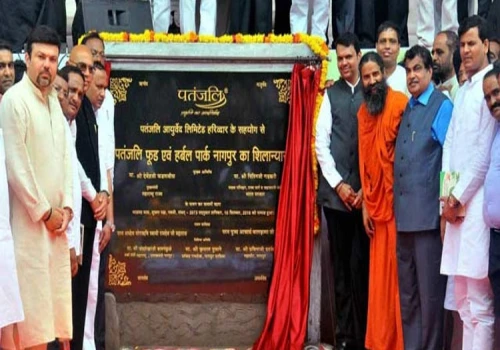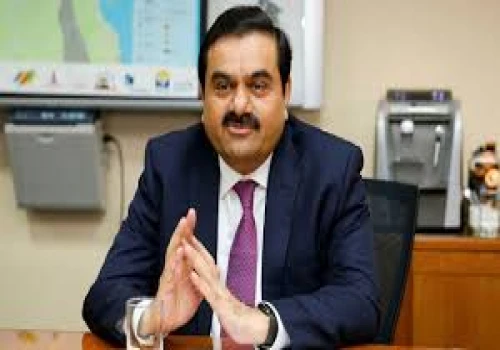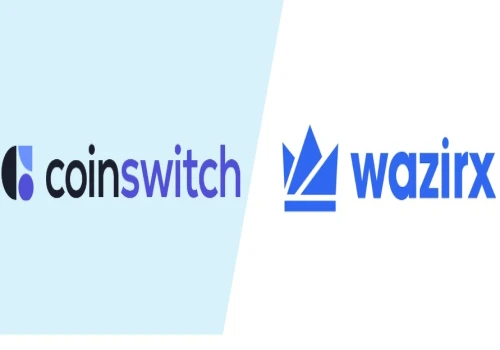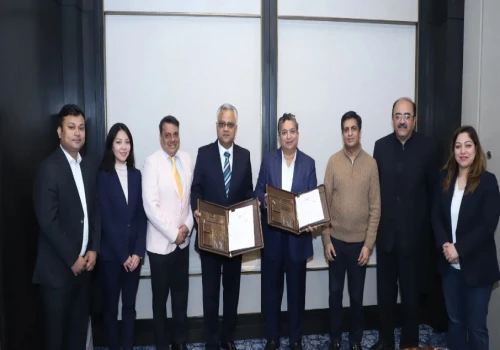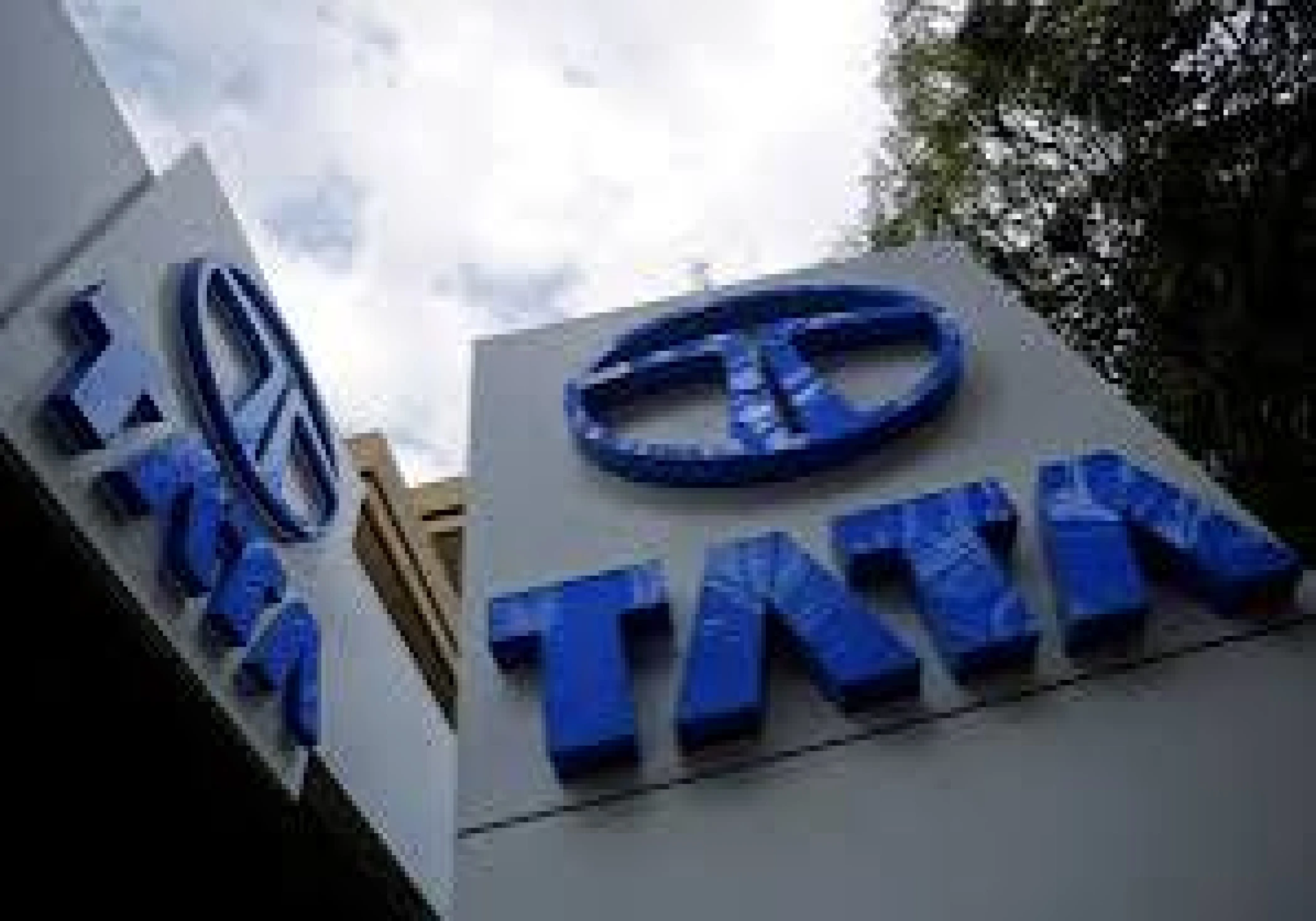
In a significant move, Tata Motors, a leading Indian automaker, announced its board's approval for a demerger plan. The company will divide into two separate listed entities, each focusing on distinct segments of the automotive market. This strategic decision, aimed at enhancing focus and agility, has potential implications for both Tata Motors and the Indian automotive landscape.
Demerger Details: Two New Entities
The demerger will create two distinct companies:
- Commercial Vehicles (CV) Business: This entity will house Tata Motors' existing commercial vehicle operations and related investments. This segment caters to the demand for trucks, buses, and other commercial transportation solutions.
- Passenger Vehicles (PV) Business: This entity will encompass a wider range of businesses, including:
- Passenger Vehicles (PV) and Electric Vehicles (EV) operations: This segment focuses on manufacturing and selling cars and SUVs for the Indian and international markets, with a growing emphasis on electric mobility.
- Jaguar Land Rover (JLR): This subsidiary, acquired by Tata Motors in 2008, manufactures and sells premium luxury vehicles under the Jaguar and Land Rover brands.
Rationale Behind the Demerger
Tata Motors cites several key reasons for pursuing this demerger strategy:
- Distinct Business Strategies: The company acknowledges that the CV and PV businesses operate under different market dynamics and require distinct strategies for success. Separating these businesses allows each entity to tailor its approach and optimize performance.
- Enhanced Focus and Agility: By operating as independent entities, both the CV and PV businesses are expected to gain greater focus on their respective markets and customer segments. This increased focus can lead to improved decision-making, faster adaptation to market changes, and overall agility in each business.
- Unlocking Synergies: While synergies between CV and PV businesses are limited, the demerger is expected to unlock significant synergies within the PV, EV, and JLR segments. These synergies lie in areas like electric vehicle technology, autonomous driving solutions, and vehicle software development. By fostering closer collaboration within these areas, the demerged entities can potentially achieve faster innovation and cost efficiencies.
Building on a Strong Foundation
The demerger announcement comes after a period of significant transformation for Tata Motors. In 2022, the company undertook the subsidiarization of its PV and EV businesses, establishing a separate entity focused on these fast-growing segments. This move aimed to provide greater autonomy and resources for the PV and EV business to capitalize on growth opportunities in the electric mobility space.
N Chandrasekaran, Chairman of Tata Sons, the parent company of Tata Motors, stated, "Tata Motors has scripted a strong turnaround in the last few years. The three automotive business units are now operating independently and delivering consistent performance. This demerger will help them better capitalize on the opportunities provided by the market by enhancing their focus and agility."
Potential Impact and Future Outlook
The demerger of Tata Motors is expected to have a multifaceted impact:
- For Tata Motors: The company believes that the demerged entities will be better positioned to pursue individual growth strategies, attract targeted investments, and navigate the evolving automotive landscape more effectively.
- For the Indian Auto Industry: This move could potentially set a precedent for other Indian automakers looking to streamline operations, unlock value, and adapt to the changing market dynamics. The success of this demerger could inspire similar strategic decisions within the industry.
- For Investors: The demerger might create new investment opportunities in distinct segments of the Indian automotive market, catering to investors with specific preferences for commercial vehicles, passenger vehicles, electric mobility, or luxury cars.
However, the demerger also comes with certain challenges that need to be addressed:
- Smooth Transition: Ensuring a smooth operational and financial transition during the demerger process is crucial to minimize disruption and maintain investor confidence.
- Building Independent Identities: Each demerged entity will need to establish its own distinct brand identity and market presence to compete effectively within its respective segment.
- Capitalizing on Synergies: While the demerger unlocks potential synergies within the PV, EV, and JLR segments, actively realizing these benefits will require effective collaboration and strategic planning between the entities.
Overall, the demerger of Tata Motors marks a significant development in the Indian automotive industry. The success of this strategic move will depend on the company's ability to navigate the challenges, capitalize on the potential benefits, and unlock the long-term growth prospects of the demerged entities.


